Thermal retention technology in insulated containers is a game-changer for industries dealing with temperature-sensitive goods, especially food, pharmaceuticals, and chemicals. By minimizing heat transfer, these containers reduce spoilage rates, waste, and costs, while enhancing customer satisfaction and streamlining logistics operations. Advanced insulation materials like HDPE and innovative foams offer superior thermal performance, making insulated containers suitable for diverse applications such as cold storage, refrigerated shipping, and general storage. With various sizes available through different acquisition methods (new, used, leasing, rental), businesses can efficiently manage temperature-controlled transportation and storage, ensuring product freshness, quality, safety, and reduced waste across industries like food, beverage, pharmaceuticals, and agriculture.
Insulated containers with reinforced walls are transforming food preservation, offering superior thermal retention and enhanced durability. This article delves into the science behind thermal retention and its myriad benefits for food safety and quality. We explore the pivotal role of insulated containers in various industries, discuss crucial design considerations for optimal performance, and highlight advanced materials revolutionizing this field. Discover how these innovative solutions are reshaping food storage and transportation globally.
- Understanding Thermal Retention and Its Benefits
- The Role of Insulated Containers in Food Preservation
- Design Considerations for Reinforced Wall Insulation
- Advanced Materials for Optimal Thermal Performance
- Applications and Impact on Various Industries
Understanding Thermal Retention and Its Benefits
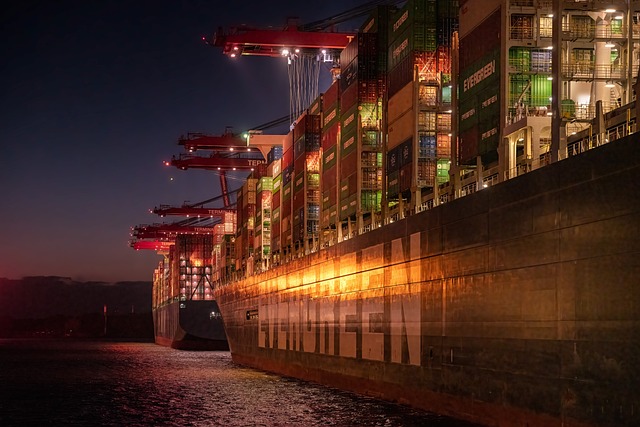
Understanding Thermal Retention and Its Benefits
Thermal retention is a crucial aspect when it comes to insulated containers, ensuring that temperature-sensitive goods remain at optimal conditions throughout transportation and storage. This process involves using specialized materials and designs to minimize heat transfer, keeping contents cool or warm as required. The benefits of superior thermal retention are manifold. For businesses dealing in perishable items like food, pharmaceuticals, or chemical substances, maintaining consistent temperatures is not just a quality control measure but also a matter of safety and regulatory compliance. By investing in insulated containers with reinforced walls, companies can significantly reduce spoilage rates and waste, leading to cost savings and improved customer satisfaction.
Moreover, efficient thermal retention enhances the efficiency of logistics operations by streamlining inventory management. With insulated containers, products can be stored and transported more flexibly, whether for short-term needs or long-term projects. This adaptability makes them a versatile asset for various industries. When you buy insulated containers from reputable suppliers or explore options like used insulated containers, new insulated containers on sale, or even rent insulated containers for specific projects, you’re not just acquiring a storage solution but a strategic tool to optimize supply chain processes and maintain product integrity.
The Role of Insulated Containers in Food Preservation
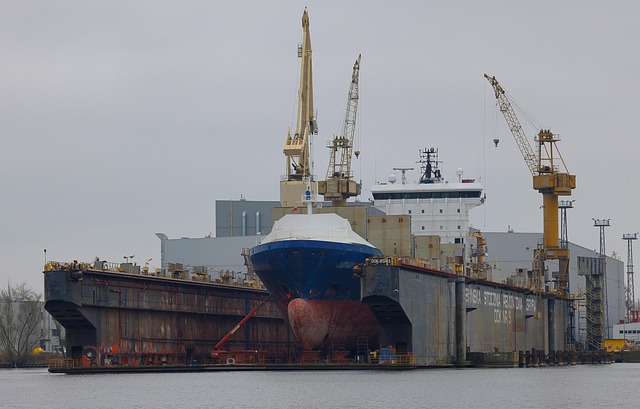
Insulated containers play a pivotal role in food preservation by maintaining optimal temperatures for extended periods. These containers are designed with reinforced walls and advanced insulation materials that prevent heat transfer, keeping perishable foods fresh for longer durations. This is particularly crucial in industries like catering, food processing, and logistics where efficient temperature control is essential to avoid spoilage and minimize waste.
Whether you’re looking to buy insulated containers, consider used options available in the market, or explore new insulated containers for specific needs like refrigerated cold storage, shipping, or storage, these containers offer versatility. Custom modifications are also possible, allowing businesses to tailor their insulated containers to meet unique requirements. Insulated container dealers and suppliers provide access to a wide range of products, from standard sizes to modular, office, workshop, and even workshop containers, catering to diverse applications in the food industry and beyond.
Design Considerations for Reinforced Wall Insulation
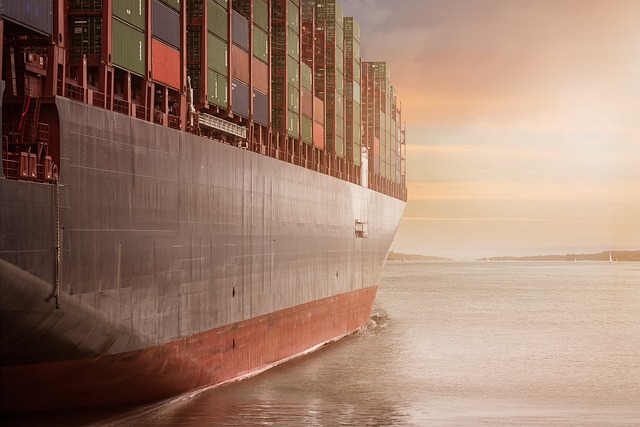
When designing reinforced wall insulation for insulated containers, several key factors come into play to ensure superior thermal retention. Material selection is paramount; robust and high-performance insulants like foam board or fiberglass can significantly enhance heat containment. The thickness of the insulation layer must be optimized according to the container’s intended use—for instance, colder climates may demand thicker insulation than warmer regions.
Additionally, the structural integrity of the reinforced walls should be carefully considered. This involves choosing sturdy framing materials capable of withstanding external pressures and maintaining the insulation’s effectiveness over time. Proper sealing at joints and gaps is crucial to prevent heat escape; this can be achieved through advanced sealing techniques and gaskets designed for insulated containers. Lastly, for specialized applications like cold storage or shipping, incorporating temperature control systems and monitoring devices can further elevate the container’s thermal retention capabilities, making them ideal choices for various industries.
Advanced Materials for Optimal Thermal Performance
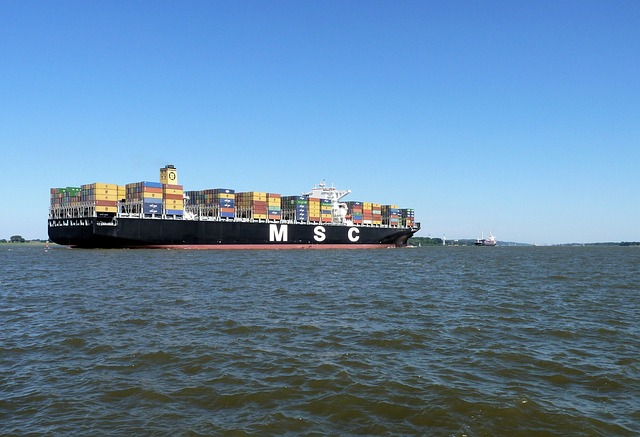
Advanced materials play a pivotal role in enhancing the thermal performance of insulated containers, ensuring optimal retention of temperature for extended periods. Modern manufacturers now incorporate cutting-edge technologies and substances like high-density polyethene (HDPE) and advanced insulation foams to create robust, lightweight walls. These materials significantly reduce heat transfer, keeping contents at desired temperatures even under extreme external conditions.
The latest innovations also include the use of vacuum-insulated panels (VIPs), which offer unparalleled thermal resistance by trapping air in a vacuum layer. This technology is particularly useful for insulated cold storage containers, refrigerated shipping containers, and insulated office containers, ensuring products remain fresh and usable during transit or storage. Moreover, custom insulated container modifications are now accessible, allowing businesses to tailor their containers to specific temperature requirements, expanding the versatile applications of these advanced materials in various industries.
Applications and Impact on Various Industries
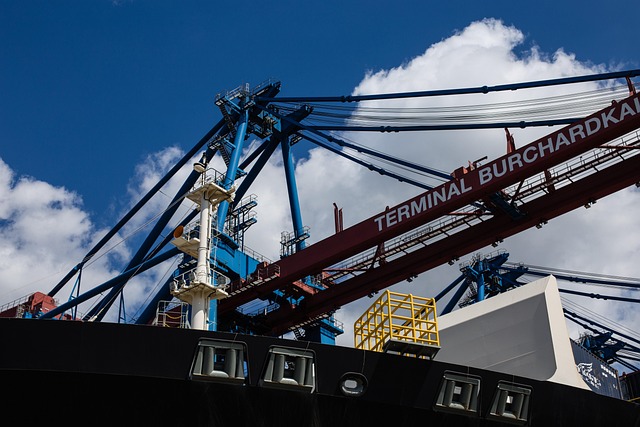
Insulated containers with reinforced walls have a wide range of applications across various industries. Their superior thermal retention capabilities make them invaluable in sectors requiring temperature-controlled transportation and storage, such as food and beverage distribution, pharmaceuticals, and agriculture. In the food industry, for example, these containers ensure the freshness and quality of perishable goods during transit, reducing waste and improving customer satisfaction.
The impact on these industries is profound, leading to increased efficiency, reduced costs, and enhanced product safety. For instance, in pharmaceutical manufacturing, insulated containers are crucial for storing temperature-sensitive medications during distribution, ensuring their efficacy and potency remain intact. Similarly, farmers can now transport produce over longer distances with confidence, expanding their markets and contributing to a more robust food system. The versatility of these containers, available in various sizes from new and used options, through leasing or rental services, allows businesses to adapt to changing needs while staying within budget constraints.
Insulated containers with reinforced walls are transforming food preservation, offering superior thermal retention and enhanced freshness. By understanding the benefits of thermal retention, leveraging advanced materials, and addressing design considerations, these containers have become indispensable across various industries. Their impact is evident in improved product quality, reduced waste, and efficient logistics, making them a game-changer in today’s market.
